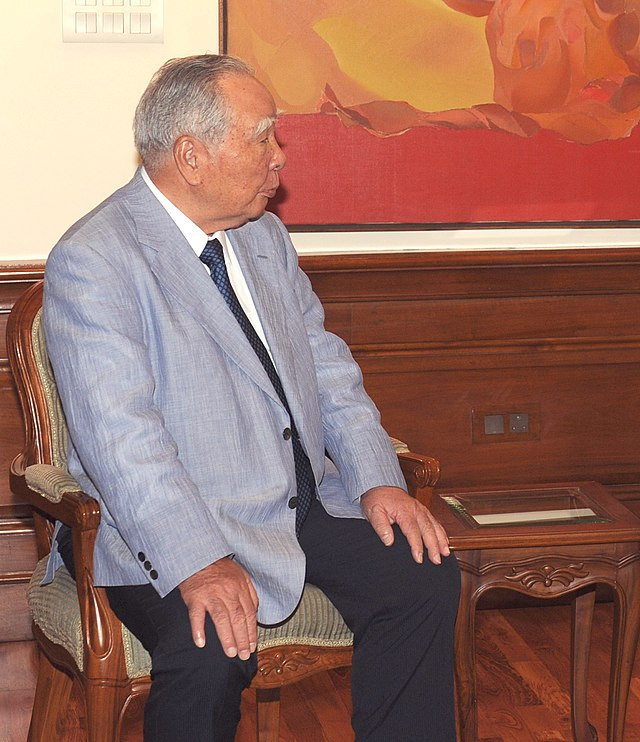Osamu Suzuki, the man who transformed Suzuki Motor from a modest Japanese mini-car manufacturer into a global automotive powerhouse, has died at 94. The company announced that Suzuki passed away on Wednesday due to lymphoma. Over his more than four decades at the helm, Suzuki left an indelible mark on the automotive industry, particularly in emerging markets like India.
Born Osamu Matsuda on January 30, 1930, in central Japan, Suzuki joined Suzuki Motor in 1958 after marrying the daughter of the company's president. In keeping with a Japanese custom, he adopted his wife's surname. By 1978, he had ascended to the role of president, launching an era of unprecedented growth and innovation for the company.
Suzuki was known for his hands-on management style and a relentless focus on efficiency. "Making good quality and low-price products is the basis of manufacturing," he once told NHK television. "We cannot lower costs while sitting in the offices of president or chairperson, so I have to be in a factory to understand the work and get ideas." Even in his 90s, Suzuki reportedly visited the office daily, reflecting his dedication to the company.
In the early 1980s, Suzuki Motor took a bold step under his leadership, entering the Indian market through a joint venture with the Indian government. At the time, no other major Japanese automaker was willing to take on the challenge. "A government mission came to Japan, and at that time the only top executive at a Japanese automaker who would meet with them was me," Suzuki recalled in a 2022 interview with Bungei Shunju. This decision proved pivotal. Despite early challenges, including poor infrastructure and limited local expertise, Suzuki persevered, visiting India nearly 300 times over the years.
The result was Maruti Suzuki, which has since dominated India's automobile market with a more than 40% share, selling nearly 1.8 million vehicles in India in the year ending March 2024. Today, India remains Suzuki Motor's largest market, accounting for more than half of its global car sales.
Suzuki's philosophy of focusing on small, affordable vehicles resonated in India and other emerging markets, even as competitors pursued larger and more luxurious models. "Being small is a really good thing," Suzuki famously said. "A diamond sparkles even if it is small." His emphasis on efficiency extended to every corner of the business; he would inspect factories annually, looking for inefficiencies as minor as unnecessary fluorescent lights or wasted space between machines.
Suzuki's leadership also saw strategic alliances with global giants like General Motors, Volkswagen, and later Toyota. While partnerships with GM and Volkswagen ended amid disagreements, the 2019 alliance with Toyota continues to focus on co-developing self-driving technologies.
Suzuki stepped down as president in 2015, handing over the reins to his son Toshihiro Suzuki, but remained a guiding force as chairman until 2021. Under his stewardship, Suzuki Motor's sales surged more than tenfold, reaching 3 trillion yen ($19 billion) by the 2000s.






